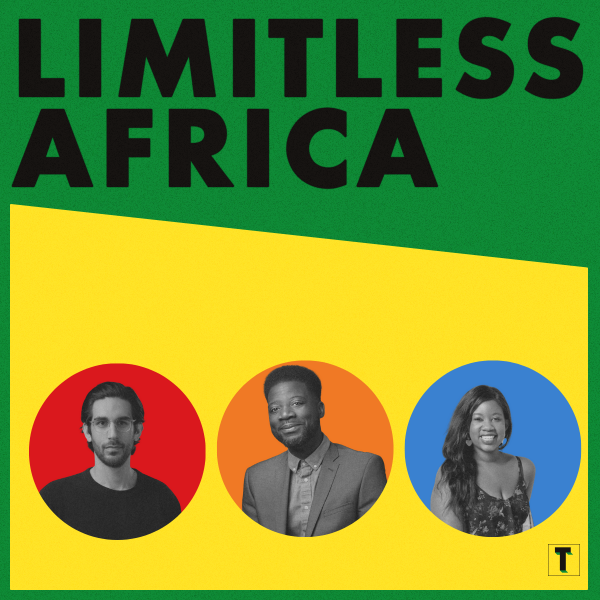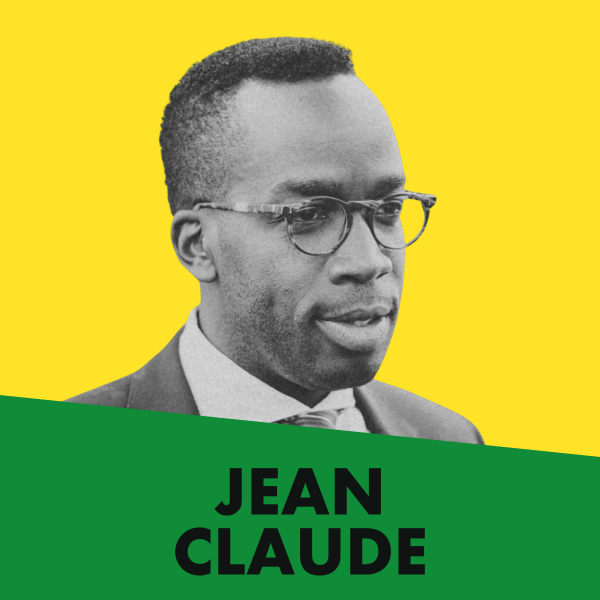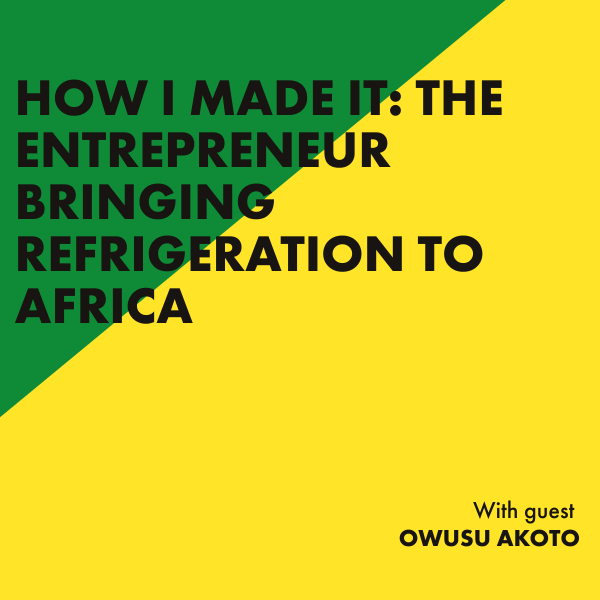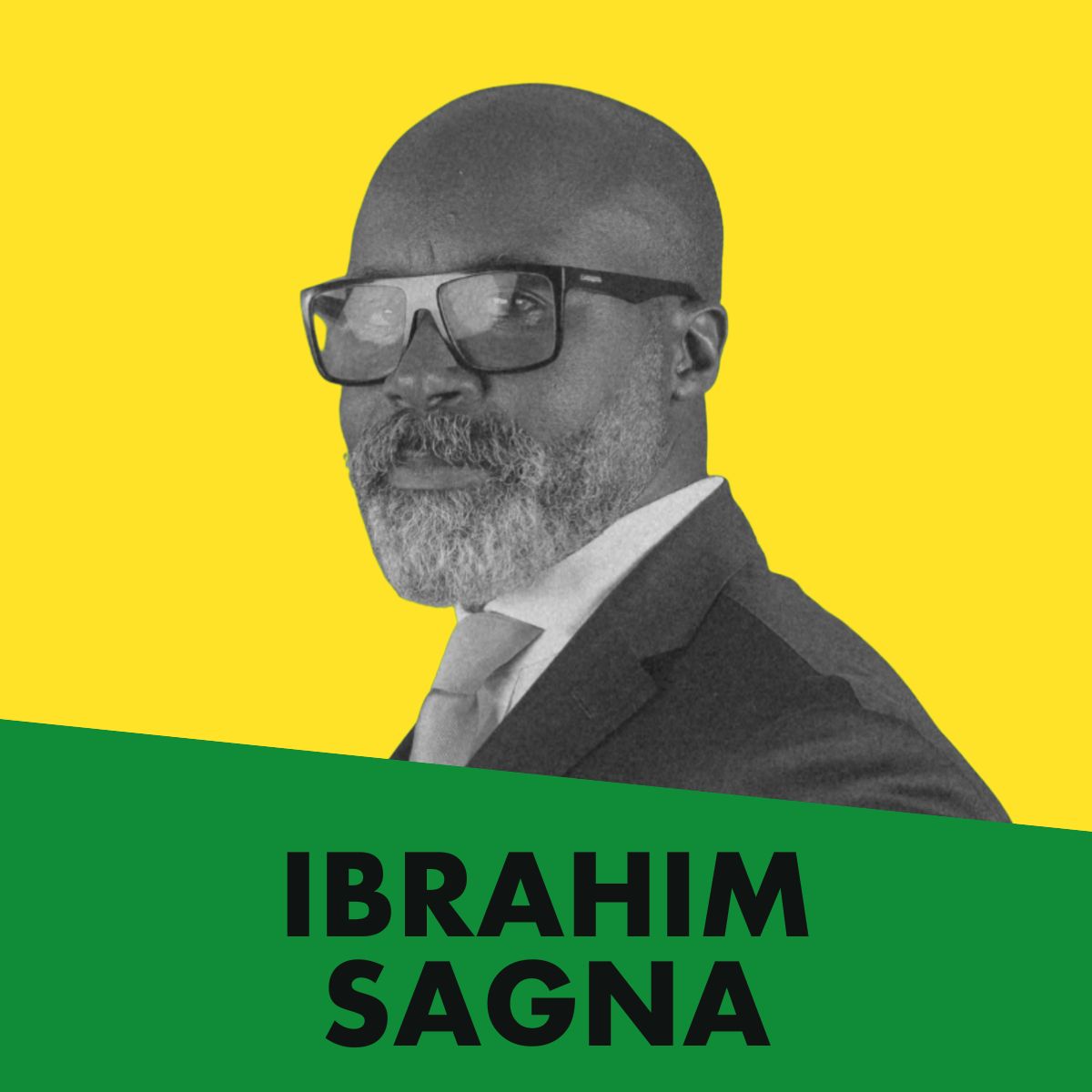CLAUDE:
You’re listening to Limitless Africa, the podcast that looks at how Africa and America can work together for shared prosperity. It’s sponsored by the US Department of State and the Seenfire Foundation.
CLAUDE:
On Limitless Africa today, we’ll look at the power of the podcast.
DIMPHO:
These online radio shows can change minds, sway elections and let people have their say.
CLAUDE:
So what does the growth of podcasting mean for the continent?
RUTENDO NYAMUDA:
You look at the podcast growth globally, not just for sub-Saharan Africa, but globally, it has boosted phenomenally. Now where you see how, you know, podcasts are playing such a critical role in politics, in politics, in the entertainment space, in life in general. You’re seeing podcasters, people listening to podcasts for their news, for their entertainment, for their inspiration, for mental health. The industry, I believe, is so much bigger than just a podcast. It’s really revolutionizing the way that we operate, communicate, and consume media in the world.
DIMPHO:
Podcasts are no longer a niche media form, they’re mainstream – in the U.S., close to 160 million people listen to podcasts monthly. Ad revenue from podcasts is almost 2.5 billion dollars annually. Podcasters have become the new kingmakers – think Joe Rogan, Alex Cooper, and Andrew Schulz.
But what about Africa? We spoke to Rutendo Nyamuda, who started The Podcast Sessions, a media platform focused on the pan-African podcast industry
RUTENDO:
In terms of listenership, if I’m not mistaken, there were insights that stated between 2022 and 2024 that Nigeria listenership in itself grew about 482%, as well as some you know some interesting stats around same period, Kenya growing about 69%, Ghana at 85%, South Africa at 44%.
There are some really big podcasters in sub-Saharan Africa that are monetizing, that are making money, that are doing this big, that are full-time, but there are very few of them.
But what I will say is I’ve really appreciated and loved, I’d say probably in the last six to eight months, the amount of new podcasts that have entered the scene, entered the market, and just skyrocketed. You’re seeing these phenomenal numbers, these fresh new voices and numbers, which is great.
CLAUDE:
Podcasting has allowed ordinary people outside mainstream media to have their say – in America and in Africa. We spoke to Terser Adamu, host of the Unlocking Africa podcast, about why podcasting is such a good fit for African voices.
TERSER ADAMU:
The podcast scene in Africa is growing, it’s very vibrant. Historically I think within Africa we’ve always had a history when it comes to things such as audio radio. Most African households will have like the radio in the background wherever it’s listening to religious content political content local content And I think for me, podcasting is almost like a progression from that. But the beauty of podcasting in Africa is that it has enabled people to take ownership of narratives. Whether that is locally or nationally because I think when you look at the history of media within the continent you have media which is almost like colonial legacy which was not independent or old and then you had media which was passed on from there, which was more kind of state owned and more kind of privatized from big national media organizations. So podcasting is something that’s given more power without being cliché power to people. It’s a decentralized form. People will then have the ability now to report on local trends or local happenings which I guess some large organizations or media outlets might not have the appetite or interest in and what you’re also finding is some very influential podcasters or whether they are media personalities, vloggers, bloggers are usually the first to break some content content on the continent
CLAUDE:
The idea of changing people’s minds and telling a different story motivates Justin Norman too. He started The Flip, one of the best podcasts about African business and entrepreneurship out there.
JUSTIN NORMAN:
We were very interested in this idea of um like flipping the script right and this question of what could the rest of the world learn from Africa?
CLAUDE:
The Flip started off as pure audio but they are now getting into video to change perspectives.
JUSTIN:
The more I got into it, the more important I felt it was for us to tell visual stories because we want to show people what’s happening on the ground. And, and I just felt, or if you go on, you know, the sort of traditional media companies often the way in which Africa stories are being told is quite derivative, right? It’s like the bongo music drums. It’s the drone shot of the crowded city and then a jump cut to, you know, like a taxi and, and honking. And it’s, it’s so like, there’s a, there’s a stereotypical way in which Africa is is told. And as we decided to lean more into video, I thought, well, I don’t really want to tell African stories. I want to tell stories about Africa, but just like treat it as a normal place. Like don’t treat it like it’s any different than, you know, um and And so i I felt also increasingly like we had an obligation to take a storytelling approach that was kind of differentiated in terms of just treating the region and the topics with respect and not, um you know, making it like a quote unquote Africa story and giving it this kind of blanketed treatment or telling the same stereotypical derivative stories that um we often see like really good um storytellers tell, right? So I wanted to try and tell really good stories, but just about more optimistic and positive topics than what is currently being told by many of the really good visual storytellers today.
DIMPHO:
And that matters. A report from our friends at Africa No Filter found that Africa could be losing more than $4 billion annually in inflated interest payments due to biased media coverage.
Back to Terser. His podcast tries to provide more balanced media coverage by giving a platform to amazing entrepreneurs and start-ups doing incredible work on the continent.
TERSER
Media plays a huge part in terms of how we unlock Africa’s economic potential because One of the challenges you find when people are interested in doing business in Africa is perception. Perception plays a big part in people’s either willingness or reluctance to do business in Africa. So I always believe that media is a big avenue or a big influencer in terms of how people engage or interact with the continent.
DIMPHO:
But it’s difficult being a lone wolf in a medium where there isn’t a lot of financial support. Rutendo advocates for building a podcast ecosystem that can support creators.
RUTEDO:
What I do think that the U.S. has done really well is created the ecosystem of podcasting. So take away, you know, stories are stories. They’re phenomenal stories and phenomenal podcasts and productions in the U.S., but they are just as great stories and productions and content coming out from Nigeria, from Kenya, from South Africa, from Zimbabwe, you name it, especially Nigeria. I think Nigeria and Kenya, I’m always just like, oh my goodness, it’s like an entire TV show sometimes. I’m like, yes, um as well as as well as South Africa.
But it’s the ecosystem that America has really well. So the business of podcasting, the funding within the podcasting space, the media platforms that are speaking about podcasting, podcasters being invited to speak at events on these global stages, all of these podcasting events where they’re spotlighting podcasts. That is almost what is missing in the sub-Saharan region on that level. The industry level is very important to discuss. Is there inspiration of from what we’re seeing from the U.S.? 100%. But, you know, take out certain cultural, you know, nuances or accents or whatever, Pan-African content, not better, just bring in the monetization, bring in those elements and you know allow us to share those voices. I mean, what you have to remember is that the U.S. also has these podcast companies, these entire agencies. you’ve got iHeartMedia with their podcasts. You’ve got Spotify. You’ve got Apple. You’ve got backing. You’ve got Lemonada. You’ve got these big business deals…
DIMPHO:
So what would you like to see happen in Africa?
RUTENDO:
So coming to what I was saying earlier is in order to monetize, you also have to have people who are willing to inject that capital into the space.
It wasn’t too long ago where um you know but Spotify had only recently launched offices in sub-Saharan Africa, a few years back. And so I think the thing is, it’s almost twofold…
We need to find companies and businesses within sub-Saharan Africa that are willing to put up the capital to support this medium that is already growing, that is already showing numbers, that is already showing sold out venues, that is already pulling you know millions of views and streams.
You have already got that. And then also looking at some of that those international big businesses. I mean, have mentioned your Spotify, your YouTubes, your these businesses that are very entrenched in the western markets. They need to also, you know, perhaps come through.
DIMPHO
But even without this support, African podcasts are thriving. We asked Terser what he’s learnt while creating the Unlocking Africa podcast:
TERSER:
What I’ve noticed as well is the young African continent or entrepreneurs or startups that I speak to they’re very much although they are as you like to say, modernizing with technology, they’re not westernizing, they’re very much deep rooted, more so than probably my generation when it comes to the African heritage and culture, because there are a lot more positive influences um socially on the ground and through media. I mean, I always give the example of myself when I grew up, I was a big music fan, loved my hip hop, But all of my playlist was filled with American musicians and artists. When I speak to my nephews or even the younger generation who are coming through, you’ll go through their playlist and it’s very much African focused and they’re very proud of the heritage and they’re very more deep rooted in their heritage. So I always like to say, you know, the younger generation, one thing that I’ve kind of found through this podcast and speaking to people Although they are modernising, they’re not westernising, they’re very much deep rooted and proud of their African heritage and very unapologetic about it as well.
DIMPHO:
We’ll finish with Rutendo and some of her favourite African podcasts.
But I definitely say, i mean, I mentioned earlier Trevor Noah . I think that is his podcast is phenomenal. It is him. It’s like the essence of who he is. And those conversations are amazing. So he would probably be my top pick. When it comes to politics, Sizwe Mpofu Walsh in South Africa, really, really interesting, really engaging.
Again, staying on the South Africa side, we’ve got After School Is After School With Sis G.U, which is really good. Wisdom & Wellness with Mpoomy Ledwaba, she is all about lifestyle, health, mental health, really great.
On the Kenya side, we’ve got Mantalk KE, which is really just like two gentlemen, ah Isaac and Oscar, I believe, who just have these really phenomenal conversations. You’ve got Adelle Onyango, who’s with Legally Clueless.
In Zimbabwe, there’s Two Broke Twimbos. um Also, Zimbabwean Diasporic, a really new podcast, is Not Just One Thing by Kudzi Chukumbu.
And then in Nigeria, I would definitely say I said what I said and Tea with Tay are probably the biggest podcasters in the Nigerian space. They’re all, they’re a lot more, they’re a lot more.
DIMPHO:
Can’t wait to listen to those!
Podcasting is thriving. But as the podcasting industry continues to grow, it’s time to think big. The opportunities for Africans and Americans to work together are limitless.









